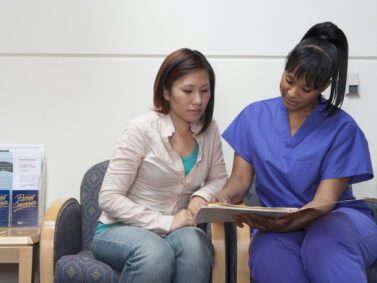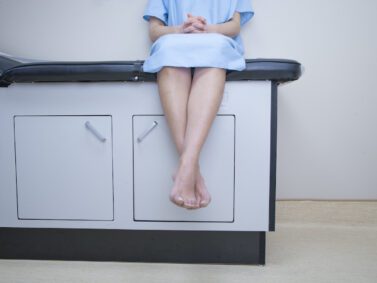Our Blog
Many successful recovery journeys involve a support network. If you’re wondering how to support someone’s recovery, you likely want to do everything possible to help.
The ASAM Criteria are used nationwide because of a collaboration beginning in the 1980s to define a national set of criteria for providing outcome-oriented and results-based care.
We live in a society that has created a massive stigma around substance use disorder (SUD) and those who suffer from it.
Daydreaming is a common human phenomenon. It is often seen as a harmless pastime for many individuals, involving the mind's ability to have wandering thoughts and limitless imagination.
Addiction recovery comes with a plethora of treatment options that offer different levels of care.
Without having to spend several nights in a hospital or residential facility, patients receive a variety of therapies, including physical therapy, addiction treatment, and mental health counseling.
Sober people who make New Year's resolutions should make life improvements that encourage sober habits or relationships.
Partial hospitalization programs, PHPs, give patients with severe symptoms an affordable middle ground for treatment.
Addiction recovery is a broad concept in healthcare, consisting of a variety of treatment and recovery terms specific to the field.
IOPs balance the medical needs of patients with non-interference in their daily lives. Patients can receive quality care and still sleep in their own bed at night.
Recovery can seem impossible when you feel like giving up on yourself. But statistics show that most people who experience an addiction recover and go on to live full, happy, and healthy lives.
Residential treatment and care programs treat people with substance use disorder (SUD) for months at a time.











